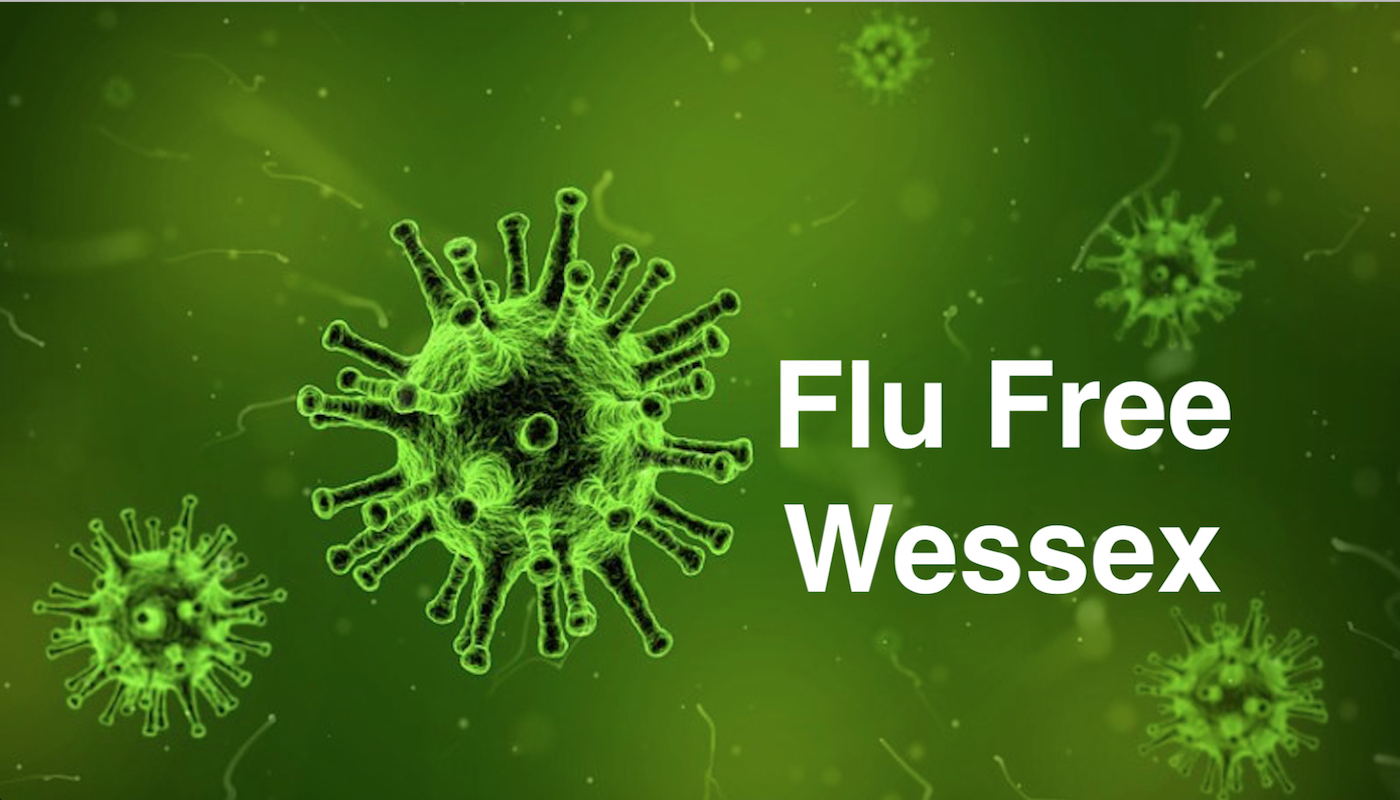Learning from Recent Sharps Incidents
Written by AlisonFreemantle on Friday 26th July 2024
Think sharps safety ahead of Flu/ Covid Vaccination Season

A number of sharps incidents have been reported recently across the South East region:
- A number of incidents were related to dirty needles being disposed of into the clinical waste bin which resulted in members of staff receiving a sharps injury while disposing of the waste
- Two incidents were related to an empty needle and syringe being used on a patient during vaccination, the needle in both cases turned out to be clean however still an important learning
- A number of incidents have resulted in a used sharp being used to vaccinate another patient
Remember:
- Immediately dispose of used needles into sharps bins, NEVER place used sharps down onto a surface prior to disposal
- Position the sharps bin within easy reach of the vaccinator to ensure easy disposal
- When drawing up vaccine (covid), get each needle and syringe out of their packets one at a time rather than emptying them all into the tray together, this allows the vaccinator to easily identify the filled syringes and those yet to be drawn into
- Where a separate person is drawing up ensure a handover of the vaccines includes a check of the number of syringes, all syringes are the appropriate dose and all look in good condition and colour
- To avoid a cluttered and a busy work space, please stick to one vial and the appropriate quantity of consumables at any one time
- Vaccinators should check the syringe has vaccine in it prior to administration
- Vaccinators should clear their workspace of any used items prior immediately after each patient and prepare for the next patient
Systems and processes:
- Ensure that there is a process to keep disruption of vaccinators to a minimum
- Ensure that vaccinators take regular breaks and where possible rotate roles to reduce fatigue and issues related to repetition.
- Ensure that team members feel able to report a situation where the process did not follow the usual pathway even if harm was not initially suspected